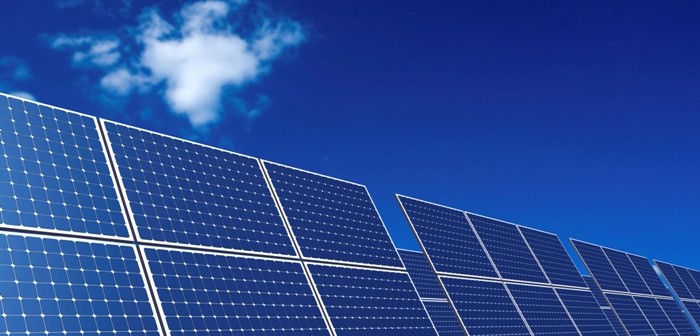- European Bank to Finance Solar Power in Nigeria, Others
The European Investment Bank on Monday announced the signing of $25m financing deal aimed at developing off-grid solar systems in Nigeria, Kenya, Ethiopia and Uganda.
The Vice President, EIB, fondly called the EU bank, Ambroise Fayolle, made the announcement at the sixth Africa CEO Forum in Abidjan, Cote d’Ivoire.
He said the financing deal was sealed with d.light design to strengthen access to energy in Africa via solar kits that would not require a grid, easy to use and inexpensive for users, thanks to a pre-payment system.
Particular emphasis, he stated, would be placed on rural and suburban populations and micro-entrepreneurs.
The bank VP said the EU financing would enable d.light design to develop the installation of solar kits, including not only panels and lamps, but also low-energy equipment such as radios and TVs, in sub-Saharan Africa with the ambitious goal of reaching 10 million solar installations within five years.
Fayolle stated, “I am delighted that the EIB has signed this new financing with d.light in Africa for an off-grid solar project that will have a major economic and social impact on people and micro-entrepreneurs.
“The EU bank is determined to implement the Paris climate agreement and to cooperate to achieve the Sustainable Development Goals, particularly when it comes to ensuring access to affordable, reliable and sustainable energy for all. With its unique technical and financial expertise in the support of solar projects, the EIB will mobilise new investments to develop renewable energies in Africa.”
Fayolle emphasised that the installation of the off-grid solar systems with d.light would initially take place in Ethiopia, Kenya, Nigeria, Tanzania and Uganda.
Meanwhile, the International Finance Corporation, a member of the World Bank Group, has launched a report on new investment opportunities in Africa.
In spite of the sluggish regional growth, the report said Africa’s economies were rapidly expanding, offering significant opportunities for private enterprises and investors across the globe.
Entitled ‘Shaping the Future of Africa: Markets and Opportunities for Private Investors’, in partnership with the Africa CEO Forum, the report noted that growth on the continent recovered from a two-decade low of 1.3 per cent in 2016 to an estimated 2.4 per cent in 2017, and projected to improve further to 3.6 per cent in 2020.
The report found that Africa’s economic potential was about more than recovering commodity prices, but other forces like favourable demographic trends, economic reforms, infrastructure investment, buoyant services sectors and strong agricultural production.
The report stated that certain sectors showed potential for high growth due to productivity gains or consumer demand.
“Food production and agriculture stand out in a region that continues to import food, while a rapidly urbanising population requires more choice. Africa’s need in infrastructure remains vast, and ranges from power to transport to sanitation, among other areas,” the report added.
It also highlighted obstacles that had continued to constrain Africa’s development and competitiveness, including lack of financing and the infrastructure gap.
The Vice President, Economics and Private Sector Development, IFC, Hans Peter Lankes, gave an assurance that there were considerable opportunities for investors on favourable trends, adding that Africa’s growing middle class was consuming a wide range of goods and services, while technology was changing the services delivered to consumers.
“The result is enormous potential across a range of sectors in Africa,” he added.
The Founder and President, Africa CEO Forum, Amir Ben Yamid, described the report as a demonstration of the abundant business opportunities in Africa, noting that the forum was created to provide a dialogue that engaged business leaders and helped investors to turn the opportunities into successful projects that would create jobs and drive Africa’s economic development.

 Forex3 weeks ago
Forex3 weeks ago
 Naira3 weeks ago
Naira3 weeks ago
 Billionaire Watch2 weeks ago
Billionaire Watch2 weeks ago



 Naira3 weeks ago
Naira3 weeks ago






 Naira2 weeks ago
Naira2 weeks ago




 Naira1 week ago
Naira1 week ago




 Naira4 weeks ago
Naira4 weeks ago






 Naira1 week ago
Naira1 week ago
























